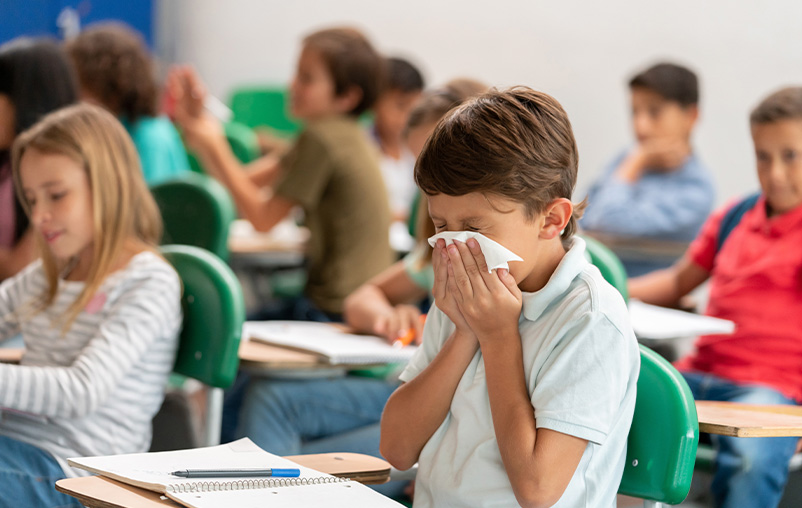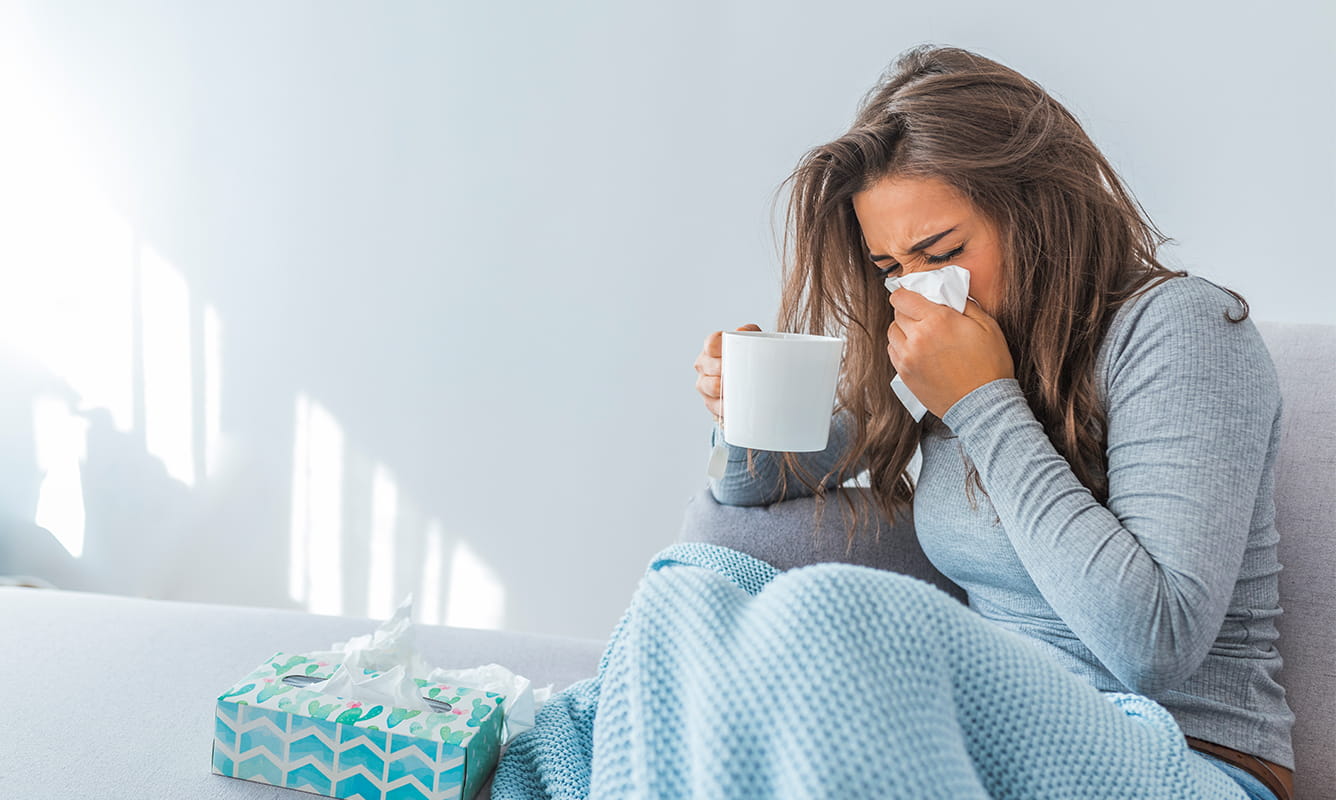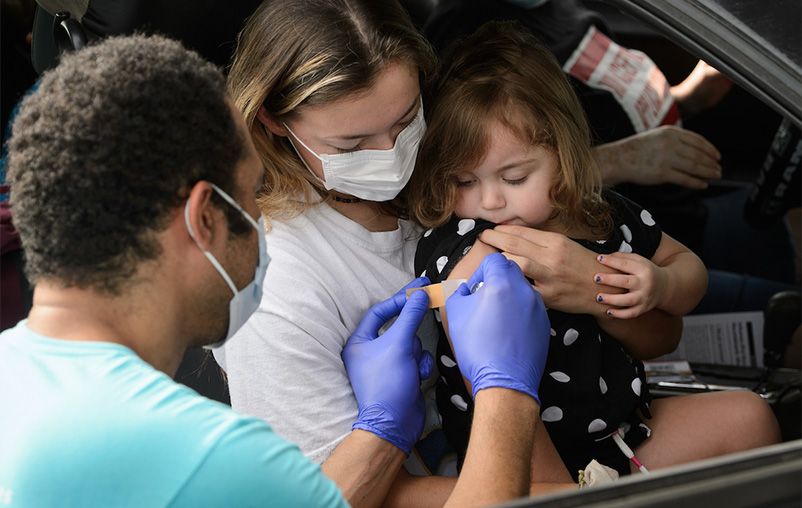Will my side effects get worse with each shot? What does it mean if I was vaccinated but my antibody count is low? Dr. Jason Bowling talks about the latest information on COVID-19 booster shots and why scientific opinions change as we learn more.
What kind of timing are we looking at for COVID-19 vaccine authorization for children younger than 12?
The FDA advisory group is meeting to discuss vaccine data for children 5 to 11 years of age on Oct. 26. Following that, the ACIP, which is the advisory group for the CDC, is meeting the following week to discuss the recommendations. The ACIP anticipates the FDA advisory group will recommend adding this group of kids to the eligible population to receive the vaccine.
The ACIP will meet to finalize and tweak recommendations, so we’ll have a better understanding of what’s recommended for kids 5 to 11 years of age.
What is the recommended COVID-19 vaccine dose for children 5-11?
At this point, there is only information from the Pfizer vaccine. For the Pfizer vaccine, for children 5 to 11 years of age, they’re using 10 micrograms, which is one-third of the dosage used for people that are 12 and older. So those people are using 30 micrograms.
Despite using one-third of the dose, they are seeing antibody levels and responses at the same level as people that are aged 16 to 24. This was in a study of a little over 2,000 kids that were aged 5 to 11. When they looked at side effects, they were about the same as those seen in people over 12. They didn’t see any new side effects, which is important.
The other thing they haven’t seen yet in this age group is any myocarditis. This is a big concern that’s been raised and seen largely in 18 to 24-year-olds and is still being followed closely.
When will we see vaccines for kids younger than five?
There are ongoing trials for kids that are even younger than 5 years of age. Pfizer is doing studies all the way down to age 6 months. They actually have this broken down into two cohorts. They’re looking at kids aged 2 to 5 years of age. The vaccine they’re looking at for those kids is an even lower dose than the dose for kids 5 to 11. They’re dropping it another one-third for kids that are 2 to 5 years old.
For kids that are 6 months to 2 years, they’re dropping it again and looking at antibody responses and side effects. They’re anticipating that by the beginning of next year they may have the data available for the 2 to 5 year-olds and then shortly thereafter the data for kids 6 months to 2 years old.
There is more data on the way. Hopefully it will be as promising as what we’ve seen with the 5 to 11 year-olds and people 12 and older. J&J and Moderna are also doing trials in children, so that information is also pending. We are looking forward to them providing some information so we have potentially other vaccine platforms for kids as well.
If I get a COVID-19 booster shot, will I have worse side effects than I did with the initial vaccines?
In the data sets in the people who initially got it, most people are seeing similar side effects of what they saw with their second dose. They’re having a little bit more side effects with the first dose because their immune system is primed, it’s seen this antigen before. But most people are having similar side effects to what they experienced with their second dose.
How likely is it that we’ll be able to mix and match our COVID-19 booster shots, combining J&J with the Pfizer or Moderna vaccines?
This adds a lot of flexibility for people to be able to receive different doses if there are shortages or supply disruptions. One of the other questions has been: Is it effective, and does it work? We’re starting to get some data of some countries outside the U.S. that didn’t have as great an access to vaccines earlier on. We are getting some data from there as well as other studies that have been looking at vaccine responses.
The data show it’s promising that mixing and matching probably does boost the antibody level a little bit. There was a big data set just released looking at people who initially received a dose of the Johnson & Johnson vaccine. If they received another dose of the Johnson & Johnson vaccine, it boosted their antibody levels by about four times. But if they received a Moderna vaccine after first receiving the J&J dose, they boosted their antibody levels by about 76 times. If they received the Pfizer, it raised that level about 35 times. So both of those were a little bit higher than a second J&J dose.
It does raise the question of if we should start looking at using a different dose to follow up the first dose, using different vaccine platforms. The FDA advisory group and ACIP both plan to meet and discuss these strategies.
I think the best thing to see is that if it is effective, it will allow a lot more flexibility. They may recommend that people continue to receive the same vaccine they started with but allow for flexibility if there are shortages of supply or they’re having trouble accessing the same vaccine they started with.
If I’ve been vaccinated against COVID-19 but my antibody count has dropped, does that mean I have less protection?
If your antibody level has dropped after you’ve received the COVID vaccine, it doesn’t mean you have less protection, per se. It’s important to recognize there’s some things with antibodies to be aware of.One is that everybody’s antibody levels will wane over time, and that has been seen with other vaccines as well. Our immune system is very complicated, and antibodies are only one portion of that. Our antibody levels are responsible for helping defend our body if we are exposed to a virus or a bacterium.
But there are other components of it to recognize that aren’t reflected in that antibody level. We have another part of the immune system called T cells that are memory cells. They stay in place so after we’ve been exposed to a pathogen or a vaccine, we still have the ability to call up defenses again. You can have antibody levels that decline, but you still have memory cells that are present that we don’t have great labs for at this point. They’re still doing ongoing studies to see how well antibody levels correlate with protection and clinical outcomes, but an antibody level is a lab, and clinical outcomes are really what we’re most concerned about.
How well does somebody do if they’re exposed to COVID after they’ve received the vaccine? There’s some encouraging data looking at some patients that received solid organ transplants. Even though they didn’t have detectable antibody levels, they’d received the full vaccine series. When they were infected with COVID-19, they actually had better outcomes than people who had received a solid organ transplant that weren’t vaccinated. That’s really encouraging to demonstrate that the immune system is complicated. They didn’t have detected antibody levels but they had other portions of their immune system that were still able to pull up that protection to give them a better clinical course.
It is important for people to recognize that so they don’t get too concerned about their antibody levels. Frankly, I would mention that at this point I would not get antibody levels because it doesn’t reflect your total immune system. It is more important to just follow the recommendations and get the vaccines and the booster if you’re a candidate.
Should I get my antibody levels checked?
There are still a lot of things to learn about antibody levels. Unless you’re doing it as part of a research study, I wouldn’t recommend getting your antibody levels checked. Antibody levels can vary depending on the time that you received the vaccine, which vaccine you received, other medical comorbidities or medical issues that you may have, your age.
There are many factors that weigh in on where your antibody level might come out numerically, and we just don’t have the data to correlate that with clinical outcomes. It’s more important to focus on getting vaccinated and getting the booster if eligible.
Why is there a gap between the first series and the booster for COVID-19 vaccines, and why have the recommendations varied?
Some of the reason for the gap between the booster and the initial series is to address overall waning of part of our immune system, to try to boost up that response later. We’ve seen similar things with the flu vaccine from year to year. There are changes in the flu virus and changes in our response over time – it does tend to wane. Some vaccines don’t provide as durable a response because of the nature of the pathogen or virus that they’re protecting you against.
In looking at people who received the initial series of vaccine, there was concern that they may not have as high a level of protection as we’d like to see, even though these vaccines are really impressive. So a booster has now been recommended for groups that are at higher risk for infection with COVID-19. That booster later on is to help boost up again the immune response to have it as high as possible for a longer period of time.
Why have recommendations on prevention methods and vaccination seemed to shift throughout this pandemic?
I think the main constant we’ve seen with this COVID pandemic is a lot of change. There have been changes throughout. One of the reasons we’ve seen changes in recommendations as we’re moving along is because we’re learning more about the virus that causes COVID-19.
Initially, recommendations were made based on other similar types of viruses to try to provide protection, to sort out how to best live with this virus or work against some of the horrors that this virus has caused while we try to learn more about it. As we continue to learn more about it, we’ve seen the recommendations change.
Science is not perfect. Nothing is perfect – there are always issues and flaws. The important thing is to have this ongoing, constant cycle where we review what we’re recommending and see how well it’s working while we continue to get more information. As we get more information, it’s important to not just sit on that, but to act on it, to improve the processes and the things that we do to make it better for everybody.
The most important part of this is to keep everybody protected. I think the importance of new recommendations is that it reflects that there’s ongoing knowledge that’s being gained about this virus and the pandemic. There are better ways that we can more effectively prevent the infections and protect ourselves.




